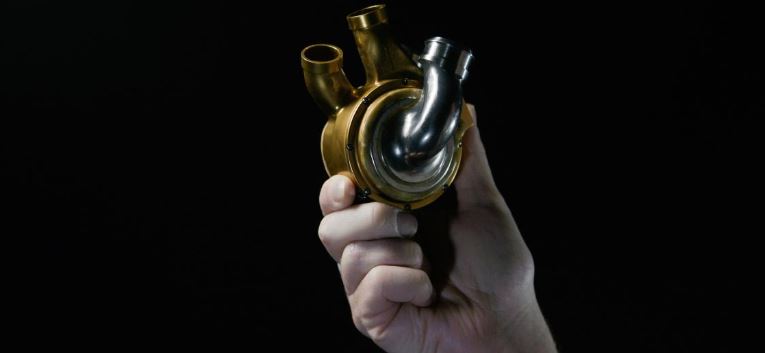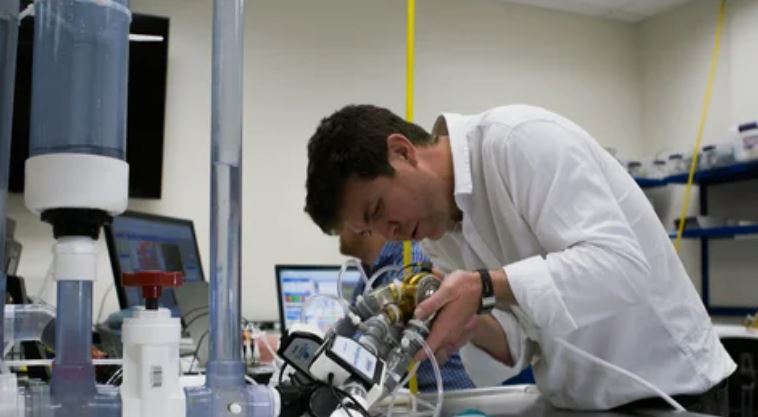Physical Address
60 Ekwema Cres, Layout 460281, Imo
Physical Address
60 Ekwema Cres, Layout 460281, Imo

First Total Artificial Heart Implant: The Texas Heart Institute in the US has successfully implanted BiVACOR’s total artificial heart (BTAH) inside a human being.
The BiVACOR Total Artificial Heart (TAH), invented by Australian Dr Daniel Timms, is part of a US Food and Drug Administration Early Feasibility Study.
The study aims to evaluate the safety and performance of the device as a solution for patients with severe biventricular or univentricular heart failure.

The first patient – a 57-year-old man with end-stage heart failure – was implanted with the BTAH at the Texas Heart Institute on 9 July as part of an early feasibility study (EFS) (NCT06174103).
Dr. Alexis Shafii, surgical director of heart transplantation at Baylor St. Luke’s Medical Center and associate professor of surgery – cardiothoracic transplant & circulatory support at Baylor College of Medicine expressed his delight after the surgery.
He said, “As for the implantation in the human, it went as expected with no complications. Clinically, the device performed very well. Having this technologically advanced device is offering something special in the field.”
Heart failure is a global epidemic affecting at least 26 million people worldwide, 6.2 million adults in the U.S., and is increasing in prevalence.
Heart transplantations are reserved for those with severe heart failure and are limited to fewer than 6,000 procedures per year globally.
Also Read: Amazon’s Slow Start in South Africa, But Potential Remains
Consequently, the U.S. National Institutes of Health estimated that up to 100,000 patients could immediately benefit from mechanical circulatory support (MCS), and the European market is similarly sized.
According to the Texas Heart Institute, the procedure met the EFS’s goal of evaluating the safety and performance of the BTAH as a bridge-to-heart-transplant solution for patients living with severe biventricular heart failure or univentricular heart failure in which left ventricular assist device support is not recommended.
The successful implantation of BiVACOR’s TAH highlights the potential of innovative technologies to address critical challenges in cardiac care, such as long transplantation waitlists.